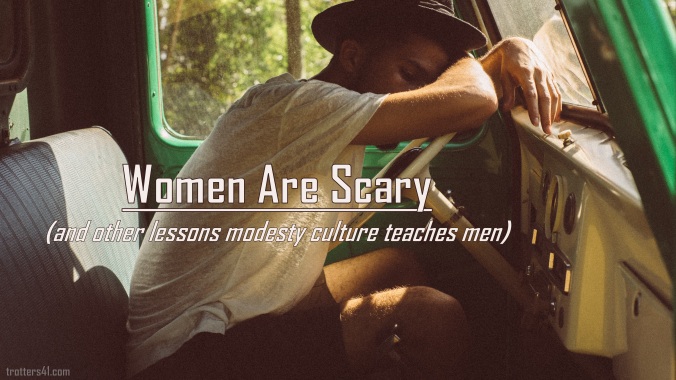by Elizabeth

This spring Jonathan and I participated in a panel discussion on issues of sexuality and parenting. During the course of our conversation I verbalized two things I think are important when it comes to talking about sex with our children. First, from very early on we need to be cultivating a mistrust of friends’ information. And second, virginity is not the point: purity is.
Long before we ever thought about talking about sex with our children, we encouraged them to come to us with the things their friends told them. Then we could tell them if their friends were giving accurate information — or not. We happen to be a very talkative family (you probably can’t imagine that, can you??), and our children report back to us with gusto.
The things they tell us their friends said are, almost without exception, incorrect. By now it’s almost a family joke. We started this approach early and are hoping it continues into the teen and young adult years. We’ve now started telling our older kids that when it comes to sex, their friends will most likely not be correct. They appear to believe us because this has been the case for so many other topics over the years.
One more thing about the friendship issue: we need to include Google as one of these untrustworthy “friends.” There are a couple reasons for this. The internet may very well give scientifically or Biblically accurate information — but not necessarily. And young people have difficulty discerning reputable sources on the internet. Additionally, finding porn during a Google search is literally 1 second away. {I know this because it happened to me. Ew.} The internet is not our friend when it comes to sex education.
Cultivating a mistrust of friends’ information is something we can do from very early ages, before we begin talking about sex or even begin thinking about talking about sex. But when we do begin talking about sex, we need to start steering the conversation away from virginity — which has been a traditional way of talking about sex and marriage — and direct it towards purity.
Virginity refers to an event. Its loss might be a past event or a future event, but it is still a one-time occurrence. Purity, on the other hand, is a state of living and a state of being. No matter what our past is, because of Jesus, purity is possible in the present and in the future.
Purity is what Paul means when he tells us to press on. Purity is what Jesus means when He tells the woman caught in adultery to go and sin no more. Virginity will fail us, but purity is always available.
Our virginity status isn’t a pre-requisite for marriage. God cares more that we are currently living in purity than whether we enter marriage a virgin. (Of course, if you’re a virgin, that means God wants you to remain so until marriage.) But if sexual immortality has been confessed, repented of, and forgiven, those specific sins don’t matter anymore. We — and our children — are clean now.
So let’s not talk about virginity, other than to define what it is. Instead let’s teach our children to walk in the way of purity and commit to walking in that way ourselves.
In the future I’d like to address various questions about sex and relationships that I’ve received from teenagers over the years. So stay tuned.
